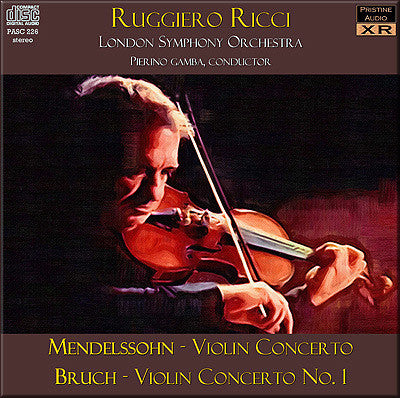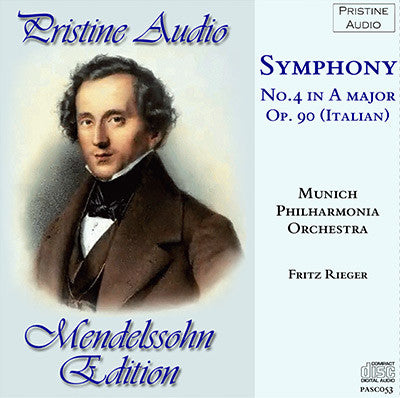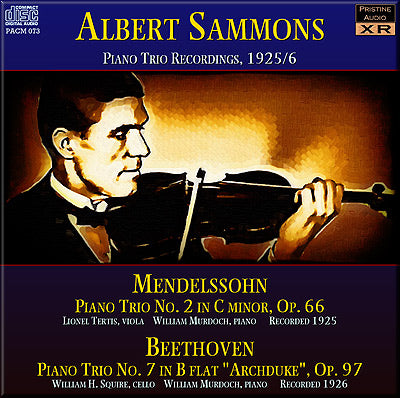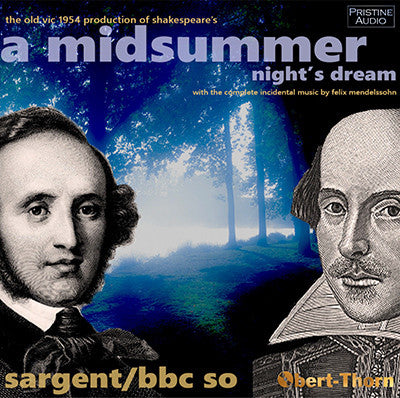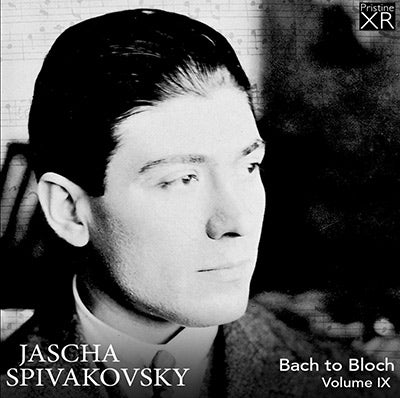Mendelssohn
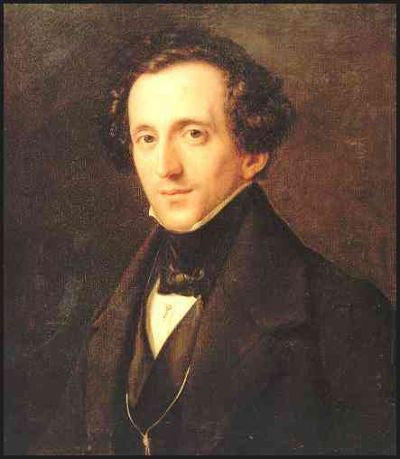
A grandson of the philosopher Moses Mendelssohn, Felix Mendelssohn was born into a prominent Jewish family. He was brought up without religion until the age of seven, when he was baptised as a Reformed Christian. Mendelssohn was recognised early as a musical prodigy, but his parents were cautious and did not seek to capitalise on his talent.
Mendelssohn enjoyed early success in Germany, where he also revived interest in the music of Johann Sebastian Bach, and in his travels throughout Europe. He was particularly well received in Britain as a composer, conductor and soloist, and his ten visits there – during which many of his major works were premiered – form an important part of his adult career. His essentially conservative musical tastes, however, set him apart from many of his more adventurous musical contemporaries such as Franz Liszt, Richard Wagner, Charles-Valentin Alkan and Hector Berlioz. The Leipzig Conservatoire (now the University of Music and Theatre Leipzig), which he founded, became a bastion of this anti-radical outlook.
Mendelssohn wrote symphonies, concerti, oratorios, piano music and chamber music. His best-known works include his Overture and incidental music for A Midsummer Night's Dream, the Italian Symphony, the Scottish Symphony, the overture The Hebrides, his mature Violin Concerto, and his String Octet. His Songs Without Words are his most famous solo piano compositions. After a long period of relative denigration due to changing musical tastes and antisemitism in the late 19th and early 20th centuries, his creative originality has now been recognised and re-evaluated. He is now among the most popular composers of the Romantic era.

Mendelssohn
A grandson of the philosopher Moses Mendelssohn, Felix Mendelssohn was born into a prominent Jewish family. He was brought up without religion until the age of seven, when he was baptised as a Reformed Christian. Mendelssohn was...
MENDELSSOHN Violin Concerto
BRUCH Violin Concerto No. 1
Recorded in 1957 in stereo
Total duration: 50:40
Ruggiero Ricci, violin
London Symphony Orchestra
conductor Pierino Gamba
MENDELSSOHN Symphony No. 4 "Italian"
Recorded in 1950
Duration 28:11
Munich Philharmonia Orchestra
Conducted by Fritz Rieger
MENDELSSOHN Piano Trio No. 2 in C minor, Op. 66
BEETHOVEN Piano Trio No. 7 in B flat, Op. 97, "Archduke"
Total duration: 62:21
Albert Sammons, violin
Lionel Tertis, viola (Mendelssohn)
William H. Squire, cello (Beethoven)
William Murdoch, piano
SHAKESPEARE/MENDELSSOHN A Midsummer Night's Dream
Recorded 23 & 26 July (orchestra) and 11, 16 – 20 August 1954 (actors) in EMI Abbey Road Studio No. 1, London.
Total duration: 2hr 25:23
Sir Malcolm Sargent, conductor
BRAHMS Piano Concerto No. 1
BRAHMS Piano Concerto No. 2
MENDELSSOHN Piano Concerto No. 1
MENDELSSOHN Piano Concerto No. 2
Stereo studio recordings, 1957-61
Total duration: 2 hr 15:00
Rudolf Serkin, piano
The Philadelphia Orchestra
conducted by Eugene Ormandy
BRAHMS Piano Sonata No. 3
KABALEVSKY Piano Sonata No. 3
music by BACH, DEBUSSY, GLAZUNOV, LIADOV, MENDELSSOHN, RACHMANINOV, SAEVERUD
Recorded 1953-61
Total duration: 78:09
Jascha Spivakovsky, piano

